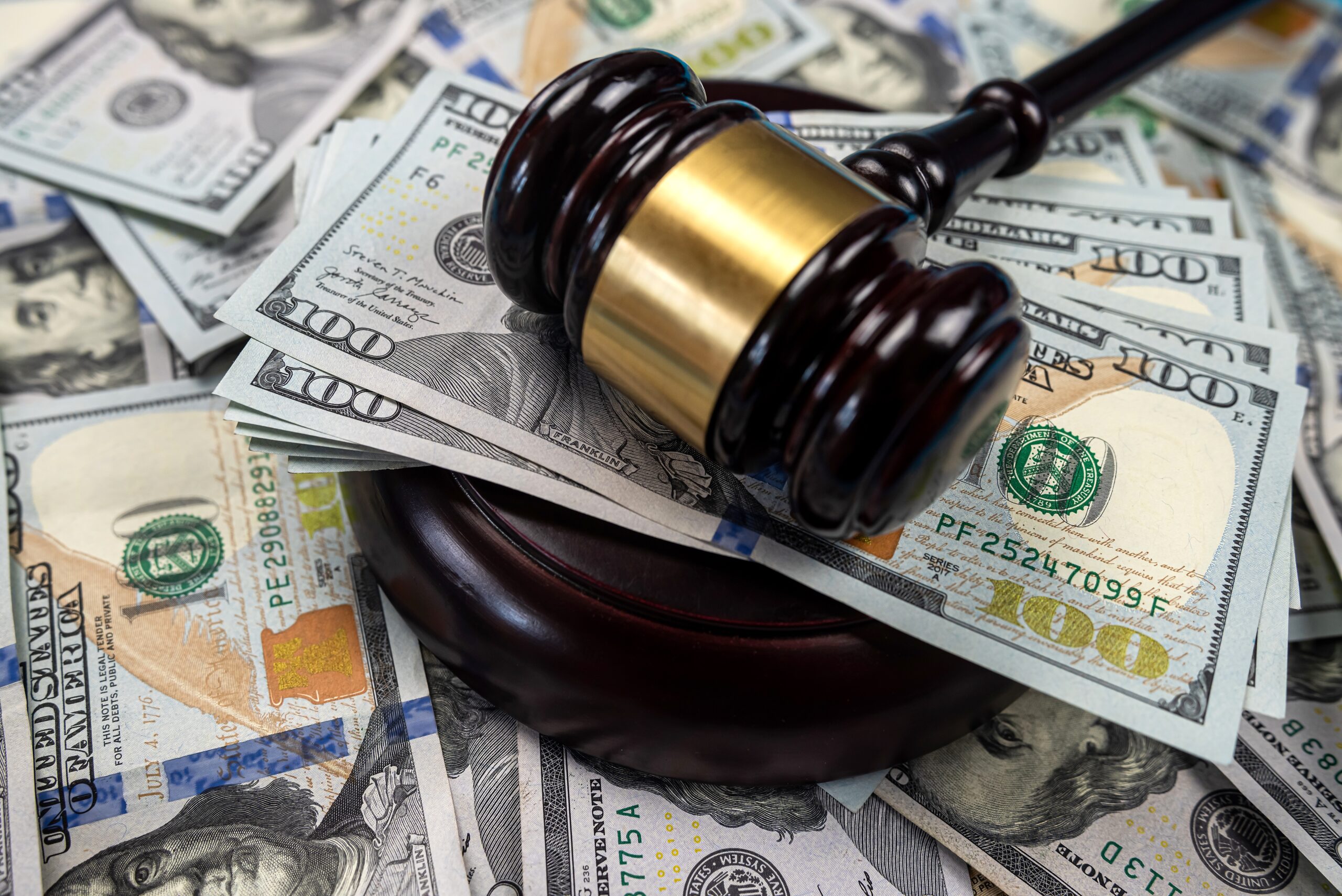
This March marks the unofficial one-year anniversary of the ongoing COVID-19 pandemic, which has caused widespread financial ruin to businesses across the United States. In their hour of greatest need, thousands of these companies turned to their commercial property insurers—only to receive across-the-board coverage denials. Some policyholders filed coverage lawsuits, but by taking advantage of pleading deficiencies, insurers managed to score some early wins, which they used to support their false narrative that property policies do not cover business income losses due to the presence of the virus.
As months passed, more seasoned attorneys joined the mix and began filing better-pleaded complaints, which reversed the trend: courts began denying insurers’ motions to dismiss and granting summary judgment in favor of policyholders. Contrary to insurers’ claims, the wars over insurance coverage for COVID-19 claims haven’t ended—they’ve only just begun. In 2021, policyholders will continue to see more victories in this hotly contested area of insurance law.
Commercial Property Policies Cover Business Income Loss Caused by “Physical Loss or Damage” to the Insured Premises.
Commercial property insurance policies typically provide coverage for “all risks” of “physical loss or damage” to the insured property. Critically for policyholders, commercial property policies also cover loss of business income. However, business income provisions typically require that “physical loss or damage” must cause the loss of business income. COVID-19 coverage disputes thus often present the threshold issue of whether the virus causes “physical loss or damage” to insured property.
Early COVID-19 Policyholders Failed to Properly Plead “Physical Loss or Damage” to Their Properties and Their Insurers Claimed Premature Victory.
When the pandemic began in earnest a year ago, many businesses felt the squeeze as government closure orders cut off their revenues. When these companies (many of them restaurants, hair salons, fitness centers, and other retail businesses) filed claims, their insurers told them they had no coverage. Plaintiffs’ law firms saw this as an opportunity to sign up COVID-19 policyholders and rushed to courthouses across the country to file lawsuits, often without regard to policy language.
In the early going, many policyholders failed to adequately plead “physical loss or damage” to their properties by neglecting to allege that the virus infected or contaminated their property. In these cases, insurers typically responded by moving to dismiss policyholders’ complaints on the ground that they failed to state a claim for which relief could be granted, under Federal Rule of Civil Procedure 12 or a state-court analogue. Specifically, these motions argued that the policyholders failed to plausibly plead “physical loss or damage” to their properties because they did not allege that the virus infected or contaminated their premises.
Predictable results followed, and insurers racked up a string of early wins. In the first reported COVID-19 coverage decision, Gavrilides Management Co. et al. v. Michigan Ins. Co., a Michigan state court granted the insurer’s motion for summary judgment. However, the policyholder (a restaurant) did not allege that its insured property had suffered “physical loss or damage” due to the presence of the virus. To make matters worse, the policyholder specifically stated that “at no time” did the virus enter either of its restaurant locations. As explained above, business income coverage provisions require “physical loss or damage” to cause the suspension of the policyholder’s operations. In this high-profile case, the policyholder in Gavrilides thus pled itself out of coverage.
Many other policyholders’ early pleadings suffered from similar defects, resulting in similar outcomes. As the losses mounted, insurers began to claim victory, putting out a false narrative that courts across the country had reached a “consensus” that commercial property policies do not cover COVID-19 losses. The insurance industry also began publishing think pieces pushing a similar story. The purpose of this narrative was clear: to discourage businesses from filing claims with their insurers. After all, insurers win 100% of the coverage lawsuits that policyholders do not file. Fortunately, more experienced attorneys with better-pled complaints were waiting in the wings to mount a comeback in the second half of 2020.
Better-Pled Policyholder Complaints Defeat Insurers’ Motions to Dismiss.
As the pandemic continued to rage, more sophisticated policyholders began to enter the fray. These subsequent litigants corrected the shortcomings of their predecessors by filing better-pleaded claims, including specific allegations that the virus contaminated and/or infected their properties. These better-pled complaints led to a corresponding rise in favorable outcomes, and policyholders began defeating insurers’ motions to dismiss. In addition to defeating insurer motions to dismiss, some policyholders also began to win summary judgment for COVID-19 claims outright.
Courts Interpret “Physical Loss” to Provide Coverage When Policyholders Can No Longer Use Their Property for Its Intended Purpose.
In addition to defeating insurer motions to dismiss, policyholders also began winning on the merits regarding the meaning of “physical loss or damage” in commercial property policies. Since the pandemic began, insurers have predictably taken the position that “physical loss or damage” only covers physical damage, meaning the policy language requires some form of tangible alteration of insured property. But the insurers’ reading of the policy language fails to give separate meaning to “physical loss,” impermissibly rendering the term meaningless.
Several decisions have now debunked this insurer argument, holding that the insurers’ decision to include both terms in the coverage provision indicates that “physical loss” must mean something different than “physical damage”—and property policies cover business income losses when insured property can no longer be used for its intended purpose. While many courts have held that this policy language is ambiguous (as it has more than one reasonable interpretation and therefore must be construed in policyholders’ favor), others have held that the policyholders’ view is the only reasonable interpretation. These decisions follow the longstanding rule that courts must interpret insurance policies in a way that gives all provisions meaning and renders none meaningless. Policyholders thus won several key victories in the second half of 2020, and this trend has continued into the early months of 2021.
Stay Tuned for More Policyholder-Friendly Decisions in 2021
In the early stages of COVID-19 coverage litigation, insurers capitalized on the pleading mistakes of unsophisticated businesses and inexperienced lawyers to score a series of easy wins and claim victory. However, as more sophisticated businesses with more experienced attorneys joined the fold and began filing better-pled complaints, the trend reversed: policyholders began defeating insurer motions to dismiss and winning summary judgment outright. Contrary to the insurers’ narrative, many courts are now correctly interpreting “physical loss or damage” in policyholders’ favor. Stay tuned as these cases progress to the appellate level in 2021. The COVID-19 coverage wars aren’t over—they’ve only just begun.
This article has been published in PLI Chronicle: Insights and Perspectives for the Legal Community



